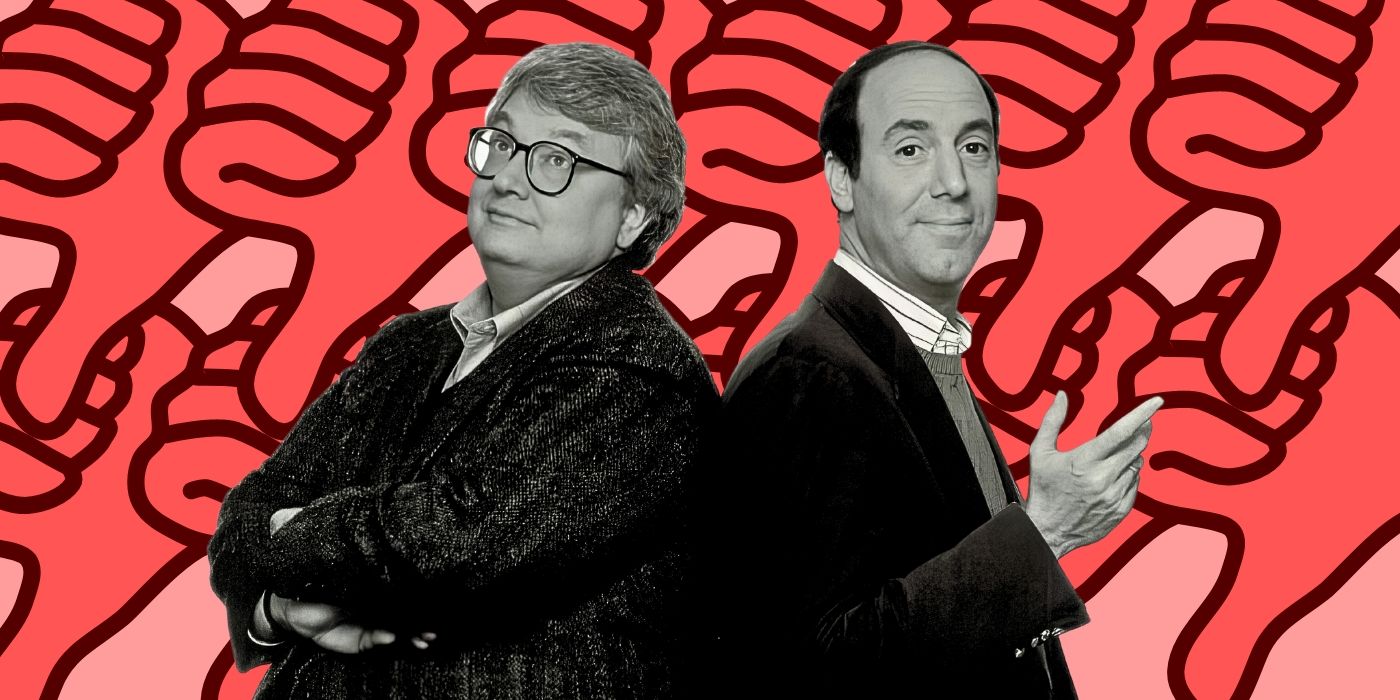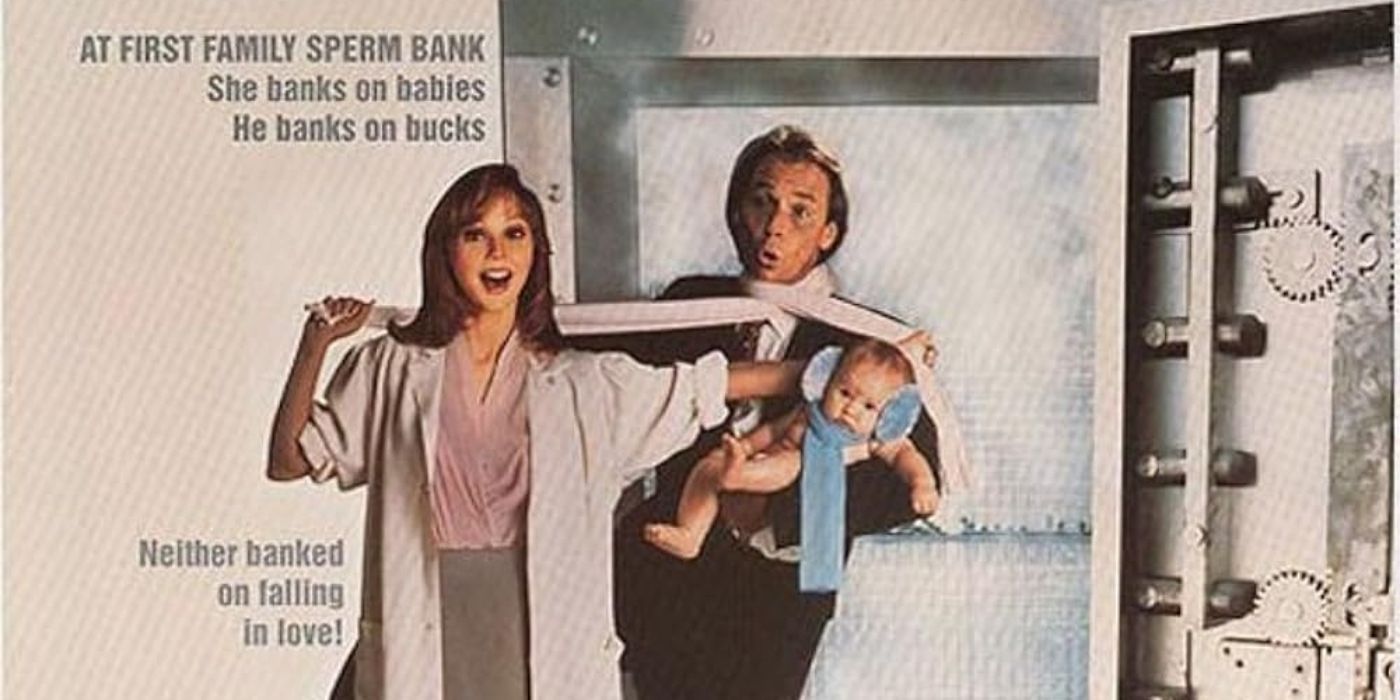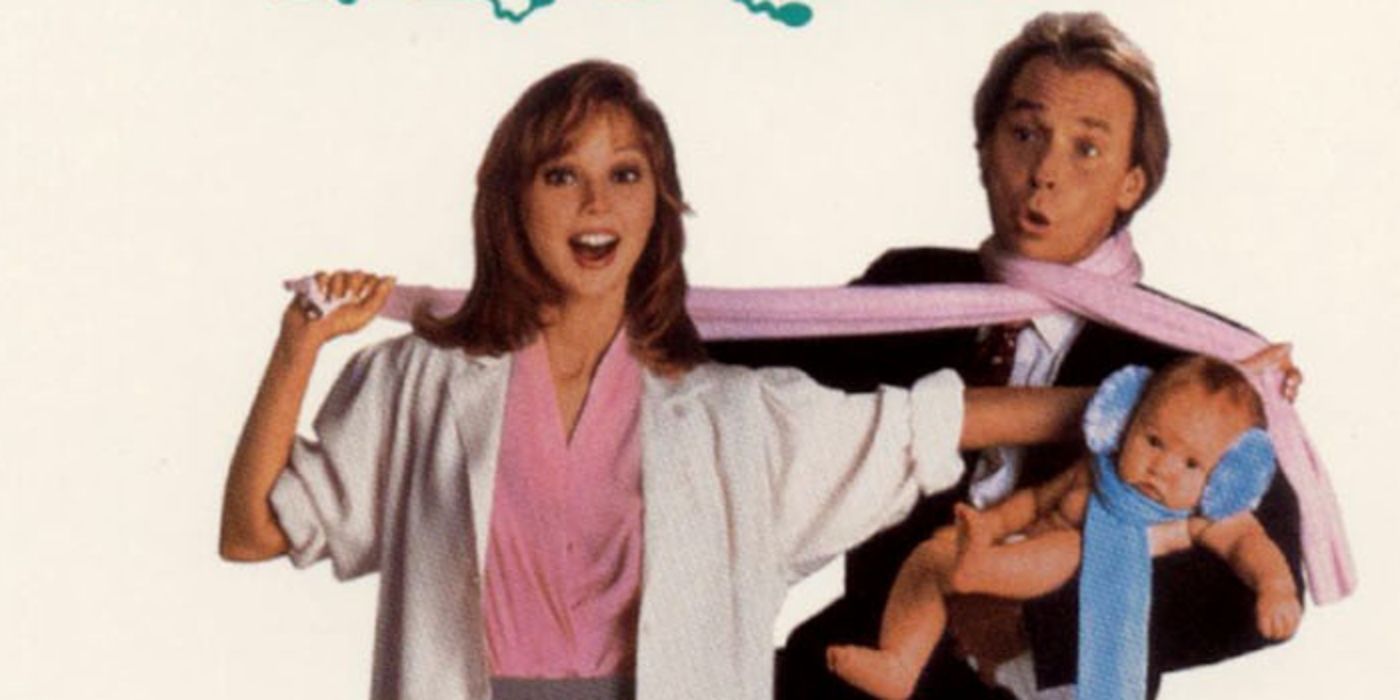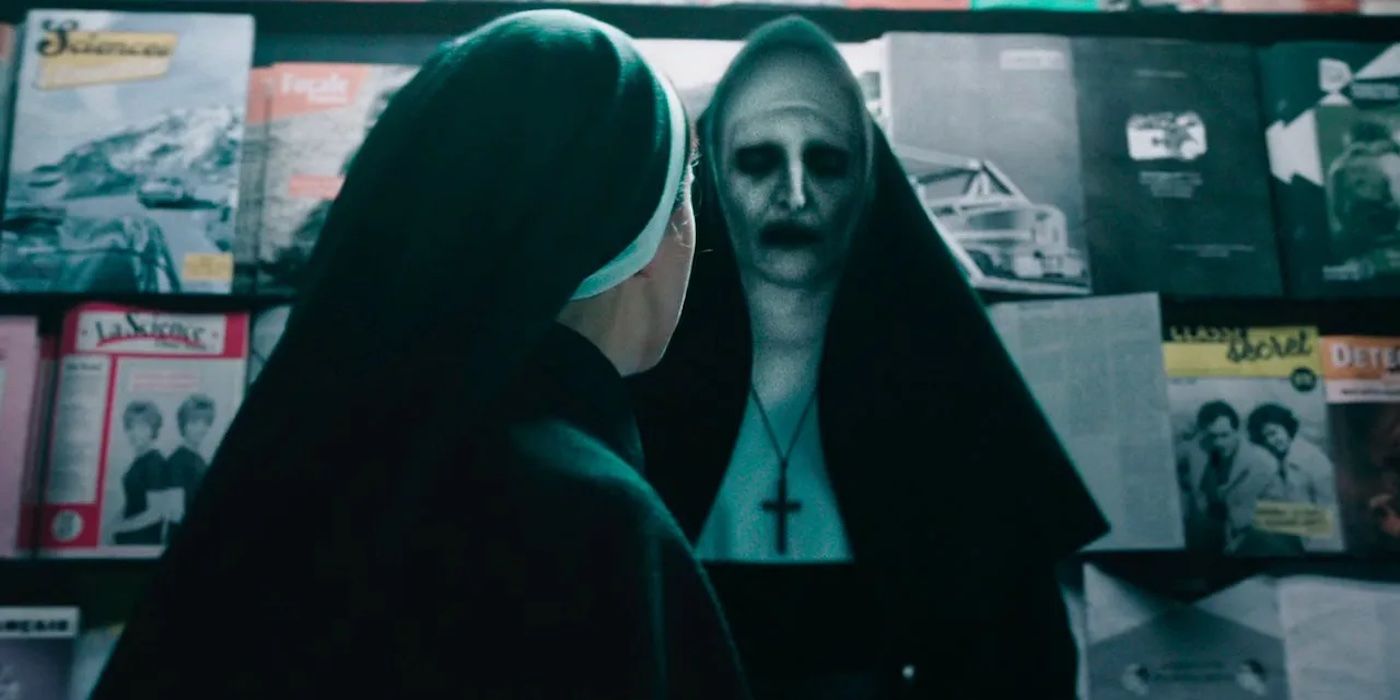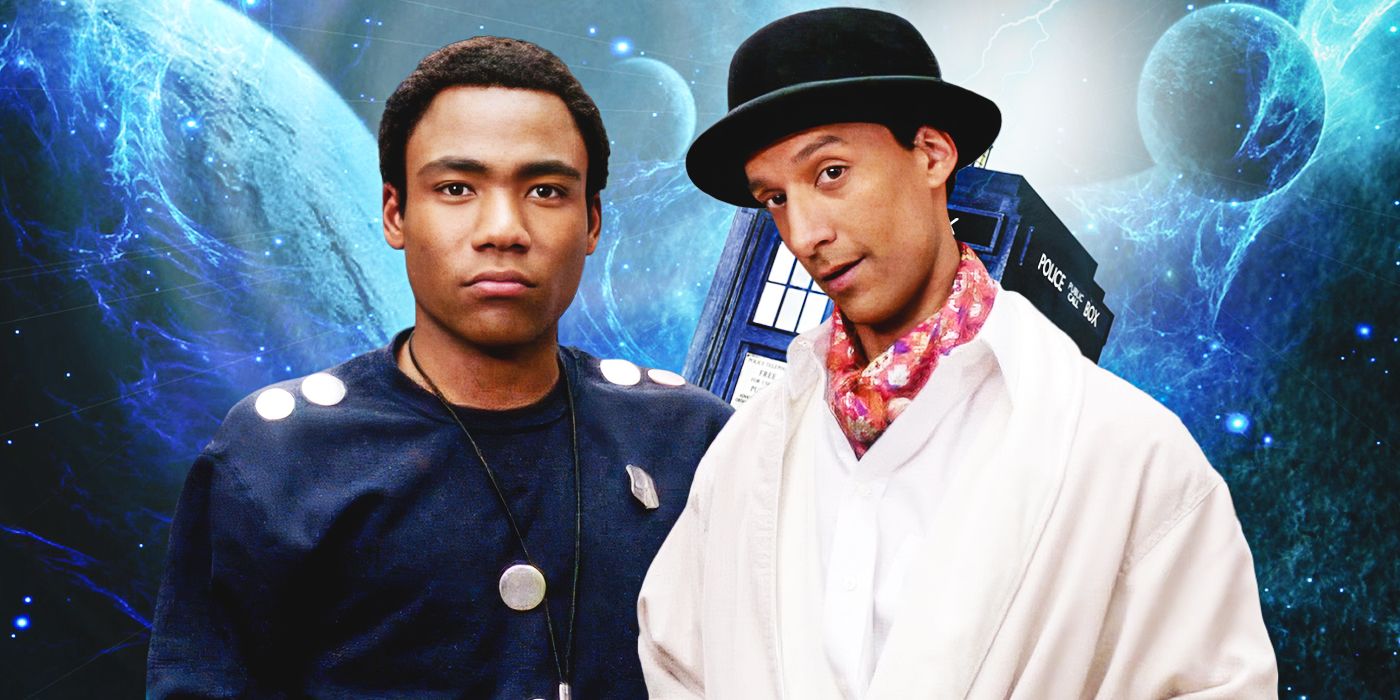The Big Picture
- Frozen Assets is a failed and largely forgotten movie that was universally panned by critics and audiences alike.
- The film’s plot is absurd and filled with cringey jokes, and the directing, acting, and dialogue all fall short.
- The movie is surprisingly sexist and mean-spirited, even for its time, with problematic characterizations and relationships.
There’s something fascinating about failed art, and there’s no question that 1992’s Frozen Assets, starring Corbin Bernsen and Shelley Long, was a failure. It was universally panned by critics and audiences alike and completely flopped at the box office, bringing in only $376,000 on a budget of $5 million. And unlike other bad movies that have since gained cult followings, like Tommy Wiseau‘s The Room (or my personal favorite guilty pleasure, The Core), Frozen Assets has been largely forgotten in the three decades since its release. Yet its existence raises interesting questions about what distinguishes a bad movie that’s fun, like The Room, from a bad movie that’s just bad, and whether there’s any value in preserving objectively terrible art.
Frozen Assets
A man is hired to run a bank which turns out to be a sperm bank.
- Release Date
- October 23, 1992
- Director
- George Miller
- Cast
- Shelley Long , Corbin Bernsen , Larry Miller , Dody Goodman
- Rating
- PG-13
- Runtime
- 96 minutes
- Main Genre
- Comedy
What Is ‘Frozen Assets’ About?
Frozen Assets is a “comedy” directed by George Miller — no, not the George Miller who gave us Happy Feet and Mad Max — this George Miller has a collection of far more obscure credits to his name, such as The NeverEnding Story II: The Next Chapter and Zeus and Roxanne. The film follows Zach Shepard (Bernsen), an aspiring corporate VP who is assigned to turn around an unprofitable small town bank and belatedly discovers that it’s actually a sperm bank. Long plays Grace Murdock, the doctor who runs the bank and the attached fertility clinic. Larry Miller also appears as Newton Patterson, an adult man with a childlike demeanor who quickly befriends Zach. The story is set in the fictional remote town of Hobart, Oregon, which somehow supports both a large fertility clinic and a thriving brothel. Don’t worry, we’ll come back to the brothel.
Upon his arrival, Zach somehow makes it inside the building still not realizing that it’s not a regular bank. A painfully unfunny conversation with a donor follows, which includes jokes about how pleased Zach would be to “get down on all fours” and “service the client” himself. Zach then meets Grace, and it’s instantly obvious that the two are destined for a trite enemies-to-lovers subplot. As Zach struggles to make the bank turn a profit, he gets a call out of the blue from a sperm dealer who needs 5,000 vials of sperm within eight weeks. While cradling a very naked baby (the female clinic workers have snuck off to a back room to watch an adult film together, so Zach has been given babysitting duty — I swear I’m not making this up), he haggles the price up to $80 per vial and promises to deliver. Now the only problem is figuring out how to wring 5,000 sperm donations from the men of tiny Hobart in just two months.
The solution Zach devises is a fertility contest: the Hobart man with the highest sperm count will be crowned Stud of the Year and win $100,000. To prove their manliness and take home the prize, the men must donate, donate, donate. And in order to increase their donations and improve their fertility, they’re advised to abstain from drugs, alcohol, and sex, to get plenty of exercise and rest, and to stay away from tight-fitting pants. These admonitions are delivered in the form of a full musical number put on by teenage cheerleaders in the high school auditorium.
Director George Miller Fails on Every Level ‘Frozen Assets’
Yes, the plot sounds like a fever dream, but it is by no means the only problem with this movie. An absurd plot can still turn into a fun watch if the rest of the film — dialogue, acting, directing — works. In Frozen Assets, nothing works. The jokes are absolutely cringey: for instance, the film opens on the VP of Marketing at Zach’s L.A. office having a nervous breakdown. We know that he’s having a breakdown because he’s sitting at his desk with no pants on, wearing his underwear on his head, and shouting into three different phones at once. When Zach arrives at the Hobart brothel (which he at first believes to be a high-end hotel), he meets a sex worker who wears Valentine-themed earrings and informs him, “I’ve got a heart on for you.”
As director, Miller goes with the laziest option every time, relying almost entirely on plain, wide, static shots. Every scene looks as though it were filmed in a single take, with actors occasionally stumbling over lines and mistiming their cues. The film also features an oddly intrusive score, which in the first half punctuates every movement like the music in a cartoon (and indeed, composer Michael Tavera has worked primarily in animation), then, for some reason, almost completely disappears in the second half. Even the usually talented Bernsen and Long are totally inept. Long looks and sounds as though she’d rather be literally anywhere else (and given the inanity of the dialogue and her character, that’s probably true), while Bernsen, who is known for grounded characters like L.A. Law‘s Arnie Becker, gives a bizarrely exaggerated performance. Only Larry Miller appears to know what movie he’s in and to be doing his darnedest to try to save it.
‘Frozen Assets’ Is Surprisingly Sexist, Even for Its Time
Zach’s characterization and the “romance” that develops between him and Grace are among the most inexplicable elements of the film. It’s established early on that he’s ambitious and selfish; he cares only about getting his promotion, and he’s openly dismissive of the “hick” town in which he’s been stationed. He’s also an unrepentant misogynist. Grace is highly educated and devoted to her work, yet Zach repeatedly condescends to her, calls her a “bitch,” treats her like his secretary, and even comments on her weight. Bafflingly, she still falls for him. We know this because, despite the fact that the two have less chemistry than a pair of dirty socks, Grace changes her hairstyle shortly after meeting him, and as her hairdresser (Jenifer Lewis) informs us, “When a woman gets a sudden, impulsive, uncontrollable urge to change her hair, it can only mean one thing.”
In fact, the whole movie is weirdly mean-spirited and misogynistic, even for the early ’90s. A running joke revolves around a large, stereotypically masculine Hobart man (John Bloom) with eight children who is assumed to be a shoo-in to win the contest, but who then turns out to be impotent. None of his children are actually his (the elderly sperm bank receptionist (Dody Goodman) twice remarks that “his wife must be a nympho!”), and in a scene that’s supposed to be funny, he kicks all of them out of the house while his wife pleads, “Each of those kids might have a different father, but you’re the only one they call dad!”
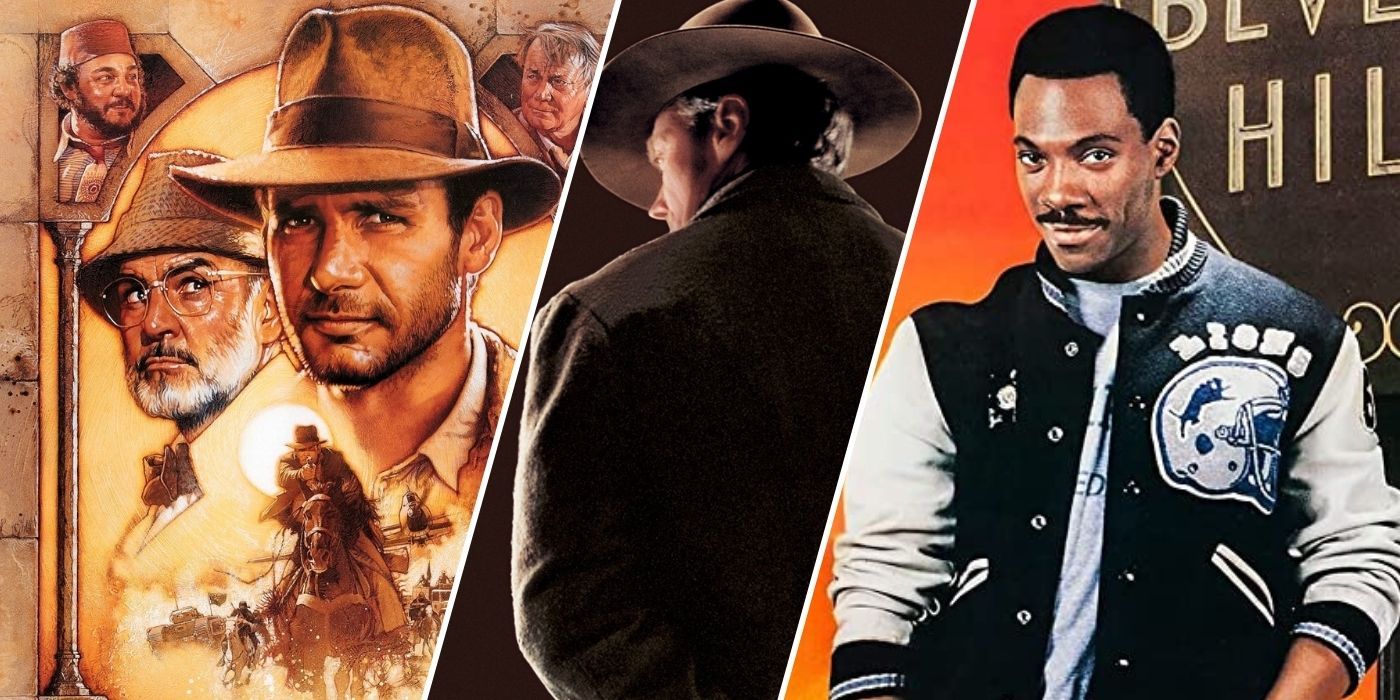
10 Movies Audiences Loved But Gene Siskel Hated
These movies get a thumbs down from the esteemed critic.
Grace’s boyfriend, a businessman named Lewis (Gerrit Graham), is first shown calculating to the penny how much Grace owes him for the Chinese takeout he picked up. “You know what I love about you, Grace?” he remarks. “You won’t tolerate some chauvinist paying your way.” “Well,” Grace responds, winking, “I know you’ve done your best to make me a feminist.” What we’re supposed to make of this exchange is anyone’s guess. Lewis is instantly jealous of Zach, and though this is framed as another strike against him, his worries are well-founded, since Grace soon cheats on him with Zach.
The scene in which this happens is one of the most difficult parts of the movie to watch. Zach shows up at Grace’s house with a giant bottle of champagne and purposely gets her drunk. After Grace passes out face first on the floor, Zach carries her to bed, where she regains consciousness long enough to try to have sex with him. Zach goes along with this until Grace passes out again. The next day, Zach inexplicably tells her that they did have sex and that she orgasmed six times. Grace is delighted, yet later, during an argument, she accuses Zach of having taken advantage of her. When he reveals the truth, she then accuses him of finding her too unattractive to touch, which, she says, is even worse.
You might be wondering who is responsible for creating this atrocity, and that question is surprisingly hard to answer. The script was written by Tom Kartozian and Don Klein; Kartozian’s only other credits are a single episode of Star Trek: The Next Generation and two episodes of the short-lived 1980 sitcom When the Whistle Blows. Klein, who also produced the film, has no other credits at all. Fascinatingly, he dedicates the movie to his father in the closing credits, seemingly a sign that it was a labor of love and not a cynical cash grab.
Critics Panned ‘Frozen Assets’ Upon Its Release
Unsurprisingly, critics did not care for Frozen Assets. Kevin Thomas of the L.A. Times called it “trite,” “stale,” and “laborious,” while the New York Times‘ Stephen Holden opined, “It is the sort of frantic comedy that builds up a certain maniacal energy by trying to top itself in bad taste and ludicrous plot twists every few minutes.” Gene Siskel unhesitatingly labeled it “one of the dumbest comedies I have ever seen… It was as depressing an experience as I’ve ever had going to the movies. That’s 23 years of going to the movies professionally.” To this Roger Ebert retorted, “Well Gene, I was going to the movies professionally for two or three years before you were and there was nothing I saw during that time that even approached this in its abysmal awfulness. This is perhaps the worst comedy ever made… Not even the worst comedy ever made, just the worst movie ever made.“
So what differentiates a fun bad movie from a movie that’s just bad? That’s a difficult question to answer, partly because what we find enjoyable is so personal — and, believe it or not, some people actually do like this movie. Frozen Assets has a 25% audience rating on Rotten Tomatoes — not a good score, but not zero. I, too, watched this movie — I even bought the VHS — and while my solo viewing experience was extremely unpleasant, I have to acknowledge that if I were to rewatch it with a group of friends and perhaps a cocktail or three, knowing what I was getting into, I might actually enjoy it. Maybe.
As a piece of filmmaking craft, I think we can make the case that films like Frozen Assets, The Room, and other famously bad movies are objectively bad — avid film buffs know good direction, good editing, good writing, and good acting when they see it. To a degree, these things can be measured. But the experience of watching a bad movie — or any movie — is by definition subjective, and the joy of mercilessly mocking a piece of failed art, at reveling in the cringe and laughing at the bad jokes precisely because they aren’t funny is something every moviegoer should indulge in from time to time.
Frozen Assets is available to stream on Roku in the U.S.
Watch on Roku

